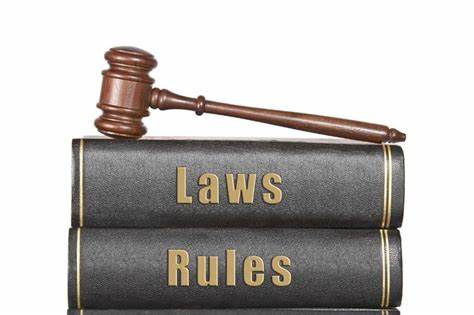By Matt Velez
I am so excited I get to talk about this. Okay, so the show everyone is talking about is Amazon Prime’s Invincible. It’s more than just another animated superhero show; it’s an emotionally charged narrative that deconstructs the very genre it inhabits. Based on Robert Kirkman’s comic book series, the show thrives on its ability to balance heartfelt coming-of-age storytelling with BRUTAL, uncompromising violence, similar to The Boys. It’s different from traditional superhero stories, diving deep into the psychological and moral dilemmas of heroism, legacy, and the weight of expectations. With an audience rating summary of 4.8 stars and a 99% on Rotten Tomatoes, this is the show EVERYONE is raving over.
At its core, Invincible is the story of Mark Grayson, an ordinary teenager who, like many protagonists, discovers his extraordinary abilities. However, what sets Invincible apart from its similar stories is the complexity of Mark’s journey. Unlike the polished, almost predestined paths of heroes like Superman or Spider-Man, Mark struggles with self-doubt, familial betrayal, and the stark realization that power does not equate to control — REAL human emotions. The show explores how young adults navigate identity and responsibility, making it relatable even beyond its superhero framework. Mark isn’t just trying to be a hero; he’s trying to be a good son, a good friend, and a good person in a world that constantly tests his limits.
The heart of Invincible lies in its relationships, especially the bond between Mark and his father, Nolan Grayson, also known as Omni-Man. Their father-son dynamic is initially presented as a mentorship, but as the story unfolds, it morphs into one of the most harrowing and gut-wrenching betrayals in modern animation. Nolan represents the reality that often comes with growing up, realizing that the figures we once idolized are flawed, sometimes irredeemably so.
This relationship alone elevates Invincible from a standard superhero story to a profound exploration of trust, manipulation, and the conflict between love and duty. The show’s violent nature is not just for shock value; it serves a purpose. Invincible forces viewers to grapple with the consequences of superhuman abilities in a way that mainstream superhero media often glosses over. When buildings collapse, people don’t just run away unharmed; civilians die, blood is spilled, and the horror of destruction is laid bare. This realism adds weight to every fight, making it impossible to detach from the stakes. The now-iconic train sequence from the first season encapsulates this brutality perfectly. It’s not just a showcase of Omni-Man’s power but a horrifying lesson for Mark — and the audience — about the true nature of unchecked strength.
Culturally, Invincible taps into a growing audience fatigued with traditional, sanitized superhero stories. Much like The Boys, it subverts expectations, offering a grittier, more cynical look at what it means to have power in an imperfect world. But where The Boys leans heavily into satire, Invincible maintains a sincere emotional core. It doesn’t revel in its violence; rather, it uses its brutality to highlight the cost of heroism.
Ultimately, Invincible resonates because it captures the human experience — pain, love, growth, and loss — through the lens of a young man trying to find his place in an unforgiving world. It’s a story about resilience, about learning from failure, and about standing for what’s right even when the odds are insurmountable. It speaks to anyone who has ever questioned their worth, struggled with responsibility, or faced the harsh truths of adulthood. And in that, Invincible is far more than just another superhero show to me. It’s a mirror reflecting the complexities of growing up, wrapped in an exhilarating, gut-wrenching, and ultimately inspiring narrative.


